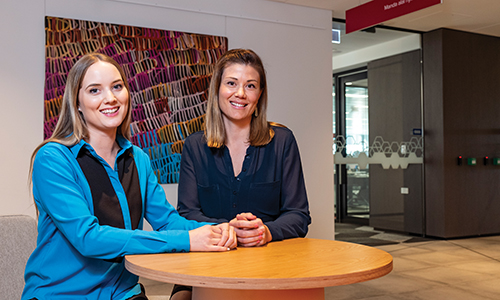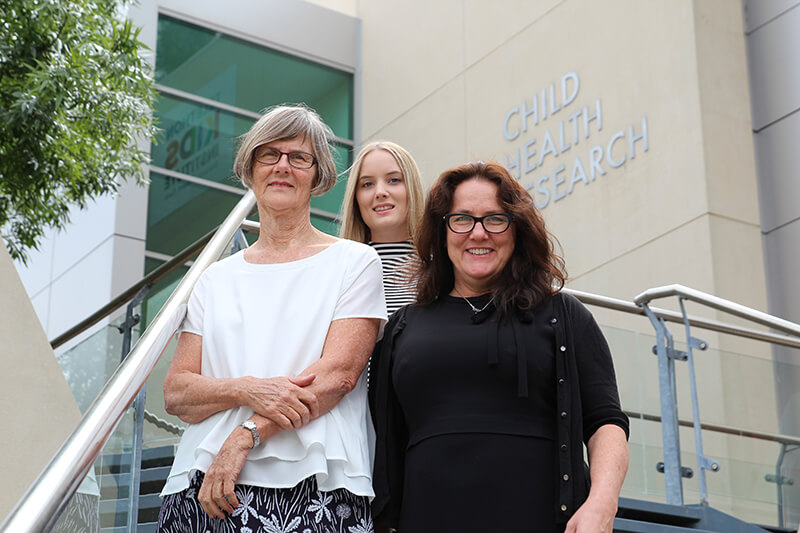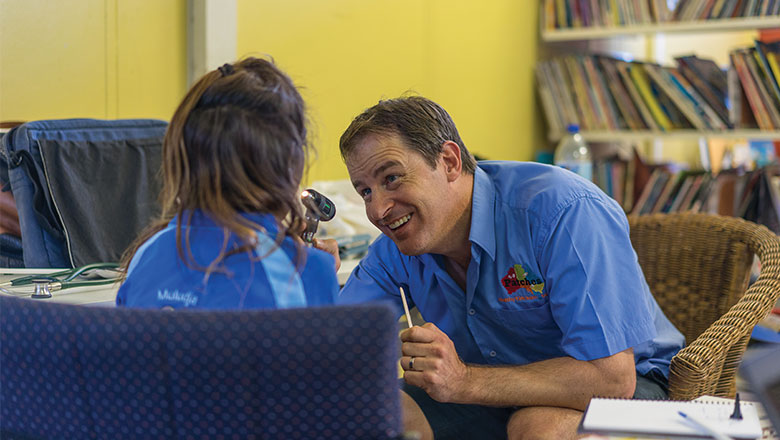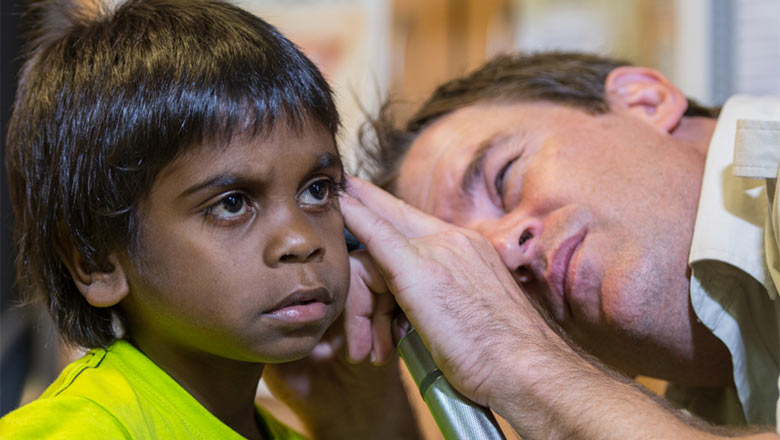Search
Early assessment and diagnosis of FASD are crucial in providing therapeutic interventions that aim to enhance meaningful participation and quality of life for individuals and their families, while reducing psychosocial difficulties that may arise during adolescence and adulthood. Individuals with lived experience of FASD have expertise based on their own lives and family needs. Their insights into the assessment and diagnostic process are valuable for improving service delivery and informing the provision of meaningful, person- and family-centered care. To date, reviews have focused broadly on the experiences of living with FASD.
Prenatal alcohol exposure (PAE) contributes to widespread neurodevelopmental challenges, including reading, and has been associated with altered white matter. Here, we aimed to investigate whether arcuate fasciculus development is associated with pre-reading language skills in young children with PAE.
Fetal alcohol spectrum disorder (FASD) is a lifelong disability of varying severity that occurs among individuals prenatally exposed to alcohol. Among Aboriginal and Torres Strait Islander (Indigenous) Australians, the effects of colonisation and ongoing racism could increase the risk of alcohol consumption during pregnancy.
Fetal Alcohol Spectrum Disorder (FASD) is characterised by a range of neurodevelopmental deficits that may increase risks of justice system involvement. Improving our understanding of criminogenic risk factors and particularly the role of informant-rated executive functioning (EF) in predicting the age of offending onset in this clinical population may reduce recidivism and help inform targeted interventions.

The two-year study, which was the first in Australia to assess and diagnose young people in a youth custodial setting for Fetal Alcohol Spectrum Disorder.

Nine out of ten incarcerated youth examined by The Kids researchers as part of a ground-breaking study had some form of neuro-disability.

Expected to shine a light on hidden harm from alcohol use during pregnancy, Australia’s first national FASD diagnostic tool has been developed by the Institute.

About a third of young people in youth detention in Western Australia have Fetal Alcohol Spectrum Disorder (FASD), data has found.

The Make FASD History campaign, led by community researchers and The Kids Research Institute Australia, has made huge inroads into prevention, diagnosis and therapy.

Australia's first national diagnostic tool for Fetal Alcohol Spectrum Disorder (FASD) has been developed by researchers at The Kids Research Institute Australia and the U
